Specifications
| book-author | Kenneth J. Guest |
|---|---|
| file-type | |
| isbn10 | 0393420140 |
| isbn13 | 9780393420142 |
| language | English |
| pages | 576 |
| publisher | W. W. Norton – Company; |
Book Description
Introduction
Ken Guest's “Essentials of Cultural Anthropology” invites students to immerse themselves in the fascinating world of cultural anthropology, providing them with a toolkit that enables them to view the world through a new lens. By examining critical issues from various perspectives, students are encouraged to engage in richer, more meaningful discussions about the world and their place in it. This comprehensive text covers a wide range of topics, including gender diversity, racial issues, family structures, the concept of “natural” disasters, and wealth disparities. In this article, we will explore the transformative power of cultural anthropology as presented in Guest's textbook.
The Toolkit Approach
At the heart of “Essentials of Cultural Anthropology” is the “toolkit” approach, which provides students with the methods and concepts necessary for understanding the complex world of human culture. By presenting these tools in an accessible and engaging manner, Guest encourages students to use anthropology as a means of making sense of the world around them. This approach fosters critical thinking, empathy, and a deeper understanding of the diverse cultures that make up our global society.
Gender Diversity
One of the most thought-provoking topics explored in the textbook is the existence of more than two genders. While many Western cultures recognize only male and female, Guest introduces students to a variety of cultures that embrace multiple gender identities. By examining these diverse perspectives, students are encouraged to question their own assumptions about gender and to understand the ways in which cultural norms shape our understanding of human identity.
Racial Issues
Guest's “Essentials of Cultural Anthropology” also delves into the complex subject of race and the ways in which people perceive racial issues. By providing a range of examples from various cultural contexts, the textbook challenges students to examine their own beliefs about race and to consider how different societies construct and understand racial categories. This exploration encourages students to engage in critical reflection and to question the ways in which racial hierarchies are perpetuated and reinforced.
Family Structures
Another important theme in the textbook is the concept of family. Guest examines the diverse ways in which families are constructed across cultures, from traditional nuclear families to extended kin networks and non-biological ties. By exploring these various forms of family organization, students are encouraged to question their own ideas about what constitutes a family and to recognize the diversity of family structures that exist in the world.
The Concept of “Natural” Disasters
The textbook also challenges students to consider the idea of “natural” disasters and how this concept is shaped by cultural and social factors. Guest demonstrates that the impact of disasters is often a result of human decisions and structures, rather than purely natural forces. This perspective encourages students to think critically about the ways in which societies respond to and prepare for disasters, as well as the social and political factors that contribute to vulnerability and resilience.
Wealth Disparities
Lastly, “Essentials of Cultural Anthropology” delves into the issue of wealth disparities, examining the factors that contribute to the striking differences in wealth and resources between individuals and communities. By exploring the historical, political, and social factors that have shaped global wealth distribution, students are encouraged to think critically about the ways in which inequality is perpetuated and to consider potential solutions to this pressing issue.
Conclusion
Ken Guest's “Essentials of Cultural Anthropology” provides students with a comprehensive and engaging introduction to the field of cultural anthropology, encouraging them to use the tools of the discipline to examine the world in new and transformative ways. By tackling critical issues such as gender diversity, racial issues, family structures, the concept of “natural” disasters, and wealth disparities, the textbook fosters a deeper understanding of the complex tapestry of human culture and invites students to engage in meaningful discussions about the challenges and opportunities of our global society.
Through its exploration of diverse cultural perspectives and its emphasis on critical thinking, “Essentials of Cultural Anthropology” empowers students to become more empathetic, informed, and engaged global citizens. The toolkit approach encourages students to apply anthropological concepts and methods to their own lives, fostering a deeper understanding of their own cultural backgrounds and the ways in which they interact with others.
Furthermore, the textbook's integration of multimedia resources, such as videos and interactive learning tools, enhances the learning experience by providing students with varied and engaging ways to explore the material. These resources not only complement the text but also offer students additional opportunities to engage with the subject matter and to develop their skills as anthropologists.
In a world characterized by rapid change and increasing interconnectedness, “Essentials of Cultural Anthropology” offers students a unique opportunity to better understand the diverse cultures that make up our global community. By equipping students with the tools to examine the world through the lens of anthropology, Ken Guest's textbook prepares them to face the challenges of the 21st century with empathy, curiosity, and a commitment to promoting social justice and understanding.
In conclusion, “Essentials of Cultural Anthropology” by Ken Guest is a valuable resource for students seeking to gain a comprehensive understanding of the field of cultural anthropology and its application to the contemporary world. The textbook's focus on critical thinking, empathy, and global engagement encourages students to become active participants in the ongoing dialogue surrounding the pressing issues of our time. By providing students with the tools to see the world in a new light, Guest's textbook fosters an environment in which students can engage in richer, more meaningful discussions about the complexities and wonders of human culture.
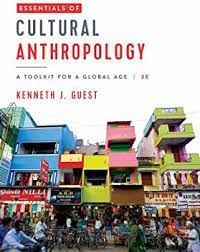


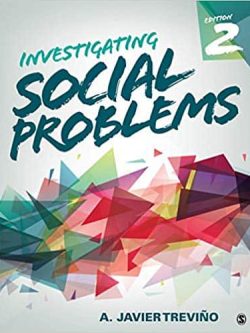
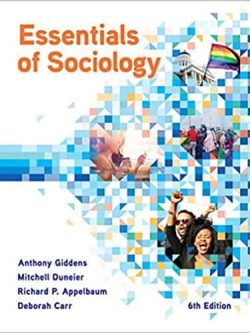
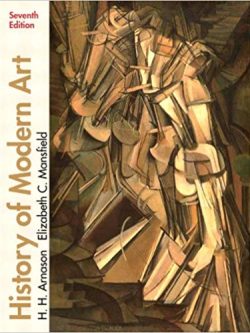


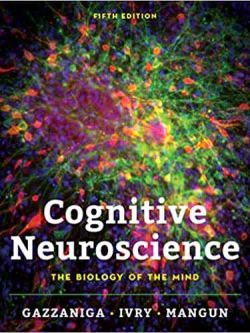
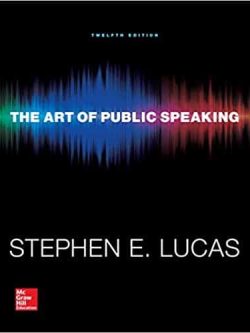


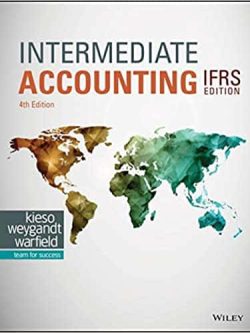
Reviews
There are no reviews yet.